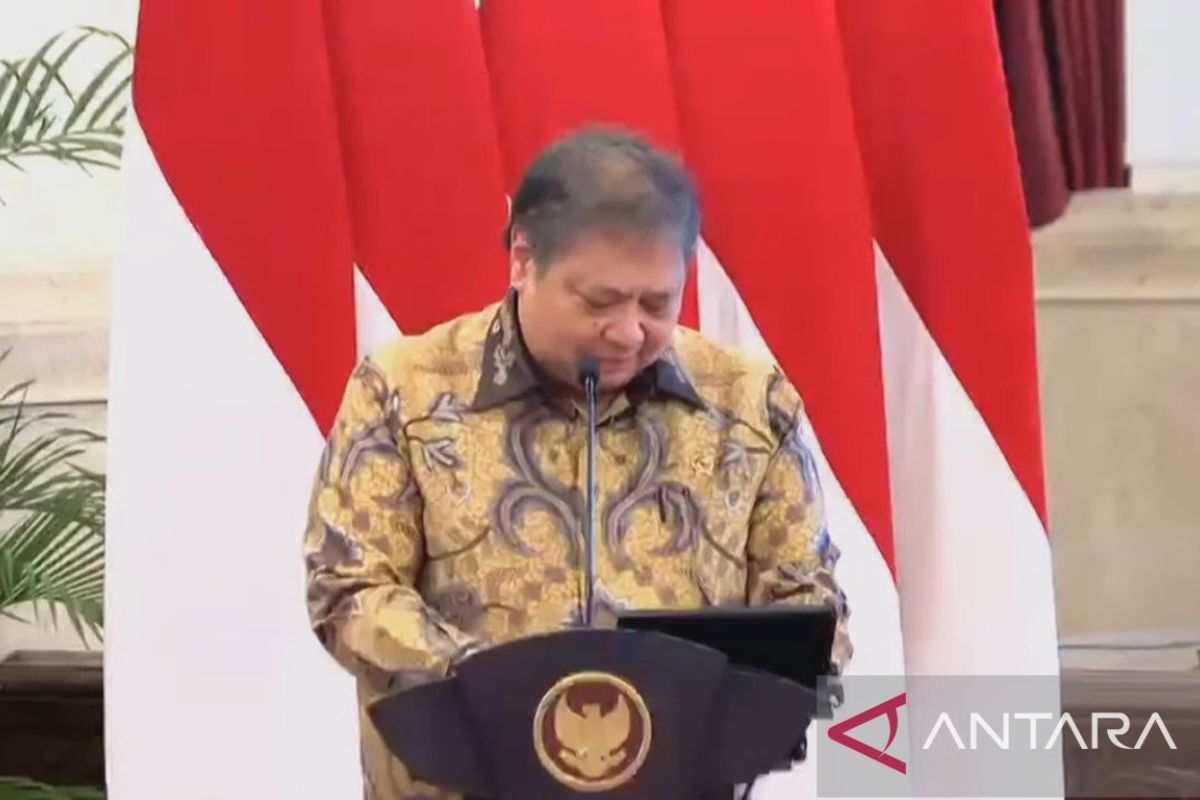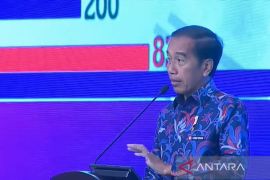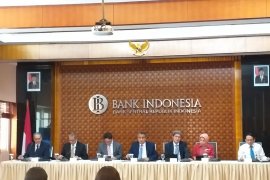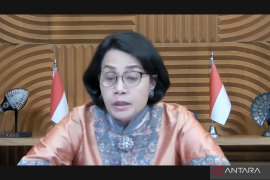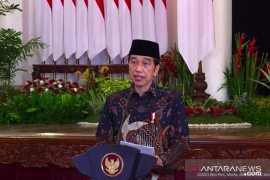"The inflation in May stood at 2.84 percent year-on-year (yoy). Compared to other G20 countries, for example, Russia is at 7.84 percent yoy, India at 4.75 percent, Australia at 3.6 percent, and the United States at 3.3 percent," he remarked in Jakarta on Friday.
In the 2024 National Coordination Meeting for Inflation Control, he stated that inflation could be controlled owing to policies of price affordability, maintained supply availability, smooth distribution, and effective communication between stakeholders, especially regarding fiscal, monetary, and real sector policies.
"Price stabilization to overcome short-term price increases through the distribution of SPHP (Food Supply and Price Stabilization Program) rice, food aid, and the cheap food movement had succeeded in curbing price increases," he remarked.
Other efforts made comprise boosting agricultural production by increasing the quota of subsidized fertilizers and access to financing for the agriculture sector through the low-interest people's business credit (KUR) for the agriculture sector, with a disbursement percentage of 30.4 percent.
Hartarto revealed that his ministry is also striving to ensure smooth distribution, especially for 10 strategic food commodities, as well as optimizing the sea toll program for distribution to underdeveloped, remote, and outermost areas.
"There are several things that must be emphasized, namely first, the continuity of domestic supply as the main key to maintaining food stability in all regions," he remarked.
Moreover, he highlighted the importance of developing food balance sheets by the National Food Agency (Bapanas) to provide accountable food data so that price stabilization in regions can be monitored more optimally.
The minister noted that controlled inflation can support national economic growth to be better than global economic growth, which is projected at 2.6 percent in 2024.
Furthermore, he underscored that Indonesia should be cognizant of the shift in trade potential and supply chains in the Southeast Asia region from China to the United States (US).
This condition is less favorable for Indonesia, considering that it does not have a free trade agreement (FTA) with the US.
Related news: Indonesia experienced in managing inflation amid global tensions: Govt
Related news: OJK projects solid growth for Indonesia with maintained core inflation
Related news: Logistics as main key in national economic growth: Minister
Translator: Uyu Septiyati, Raka Adji
Editor: Azis Kurmala
Copyright © ANTARA 2024
